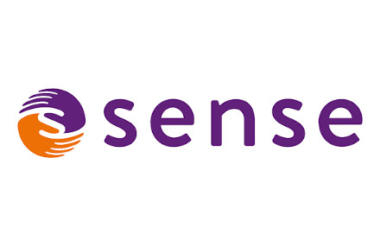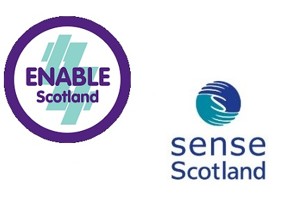Sense has seen its income fall by £21.6m to £66.9m after Sense Scotland left the group structure in 2018 because its board did not want to be owned by an English charity, according to recently filed accounts.
The group accounts for the year to 31 March 2019 reveal: “In 2017 Sense Scotland requested that Sense divest its sole membership.
“This was to enable the Sense Scotland board and management team to determine its own strategy and future structure in the context of fundraising and relationships with the Scottish government, funding bodies and Scottish charities, where ownership by an English charity could be seen as a disadvantage.”
The process was completed early in the last financial year and none of Sense's Scotland’s financials are included in this year’s accounts.
“We wish Sense Scotland well in the future,” the annual report states.
Piper Group
After leaving the Sense group, Sense Scotland formed a partnership with Enable Scotland, creating the Piper Group. This launched in April 2019 and the charities said that through the new partnership there would be a £10m saving across the two organisations.
However, in September Sense Scotland pulled out of that partnership.
Sense Scotland’s accounts for the year to 31 March 2019 state: “Following considered reflection from the trustees it was decided not to continue with this proposed collaboration.”
The Scottish charity's income for 2019 was in line with the previous year, at £22.5m.
‘Mixed year for income generation’
In 2018 Sense Scotland contributed £22.9m to the overall income of £88.5m, so the rest of the group’s income has remained relatively stable over the year.
The accounts describe it as being a “mixed year for income generation”. Income from charitable activities increased by £1.4m to £45.1m, but they say that this was driven by an expansion of service provision in line with demand, and that “with commissioners under pressure to cut budgets, the opportunity to secure fee increases was limited”.
Income from fundraising fell from £12.9m to £9.9m, largely because of the end of a one-off campaign to raise money for the new TouchBase Pears centre in Birmingham.
New ‘stretching’ strategy
Sense began a new three-year strategy, “No one left out of life”, in April.
In the introduction to the report, Richard Kramer, chief executive, said: “It sets out the stretching goals and targets we need in order to deliver meaningful change for the individuals and families we support.”
Sense predicts that by 2025 the number of people requiring the charity's support will have increased from 390,000 to 600,000.
The new strategy has four broad areas:
- Children and families get the best possible start – this involves launching a new national early intervention and play service
- Adults are supported to live and learn – this involves expanding provision at Sense College
- Individuals are less lonely – this involves the creation of new volunteering roles in communities
- Society has increased awareness of the impact of our work and is inspired to take action – this involves a series engagement campaigns to attract new supporters.
|
Related articles











